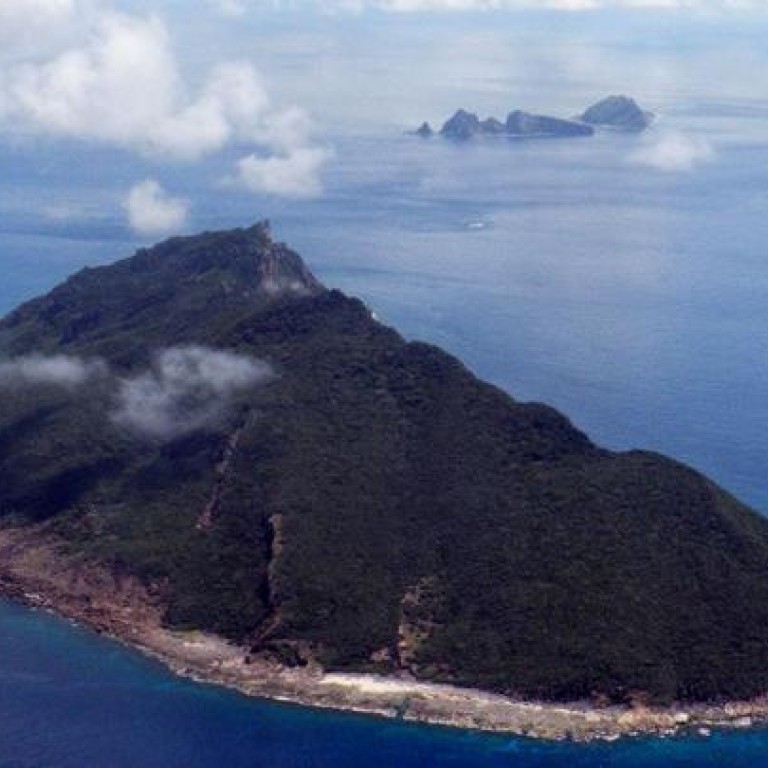
Scholar calls reaction of South Korea and China to Japanese textbooks childish
Japanese scholar derides reaction to sovereignty claims over islands contained in schoolbooks
A Japanese scholar has branded as "childish" the reactions in South Korea and China to new school textbooks that describe disputed islands as Japanese territory.
Japan's Education Ministry on Tuesday approved a range of new textbooks for the school year that starts in April next year, with two geography books and six covering politics and economics stating that the Diaoyu, or Senkaku, islands and the Takeshima islands, which South Korea calls Dokdo, belong to Japan.
Hong Lei, spokesman for the Chinese foreign ministry, dismissed Japan's position and repeated Beijing's claim to the Diaoyu Islands. "We hope the Japanese side faces up to history and reality, corrects mistakes and takes concrete steps to improve bilateral relations," Hong said.
The response was much stronger in South Korea, which stations a police unit on the Dokdo/Takeshima islands.
Takashi Kurai, the deputy head of mission at the Japanese embassy in Seoul, was summoned to the Foreign Ministry on Tuesday and received a protest against the decision to approve the textbooks. The ministry said South Korea "strongly protests against Japan for not looking squarely at history and having approved textbooks containing content that evades its responsibility, and we demand corrections to such textbooks".
Yoichi Shimada, a professor of international relations at Fukui Prefectural University, said it was "quite natural" for books used in Japanese high schools to clearly and unequivocally state that the islands are part of Japan.
School books in China and South Korea also describe these islands as their territory, so I feel there is our right to state in a straightforward and strong manner that these are Japanese territory
"I think the government had no choice but to approve these books and, in some cases, I heard that the Education Ministry had prompted the publishers of the books to state more clearly that the islands are Japanese territory," he told the . "School books in China and South Korea also describe these islands as their territory, so I feel there is our right to state in a straightforward and strong manner that these are Japanese territory.
"I think the attitude of the Japanese government has been possibly too polite, but that is the adult way of dealing with these situations.
"I feel that the South Korean attitude, in particular, is frankly childish."
Shimada said it was possible that Seoul would now respond in the way it has in the past when disputes arose over the content of school books. For instance, the issue of "comfort women" - who China and South Korea say were pressed into wartime sexual slavery - and Japan's whitewashing of the Nanking Massacre had sparked outrage among Japan's neighbours in previous years.
In the past, Shimada said, Seoul had cancelled cultural exchanges and school visits between the two countries to make a point. "That kind of retaliation is disturbing," he said. "For as long as South Korea's remonstrations are limited to verbal attacks or through diplomatic channels, then that is tolerable - but other kinds of retaliation are childish and foolish."
A spokesman for the Foreign Ministry in Tokyo declined to comment on the reactions from Beijing and Seoul.

